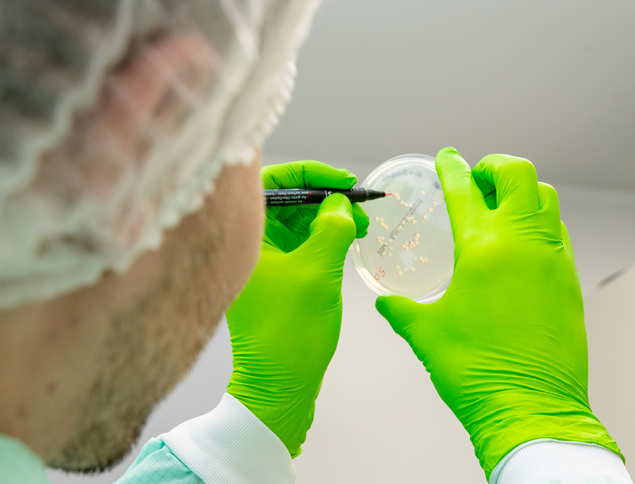Challenges
& future directions
Standardizing the methods for producing and isolating exosomes is crucial for ensuring consistency and scalability in therapeutic applications.
In addition, comprehensive characterization of exosome composition and understanding their safety profile are essential to minimize risks and side effects.
As a key player in the field of both cell and gene therapies, Clean Cells has developed a great knowledge of regulatory guidelines and an important tool box to ensure the safety of cells that would be used as the production plant of the exosomes.
Moreover, thanks to its analytical development department, Clean Cells is able to accompany researchers and biotech companies in the development of analytical methods to get a suitable characterization of exosomes according to regulatory authority expectations.
